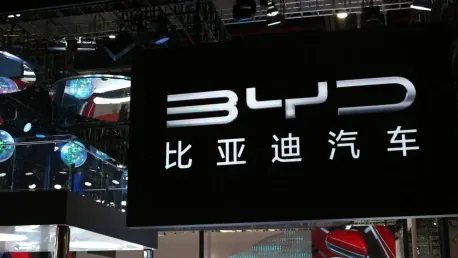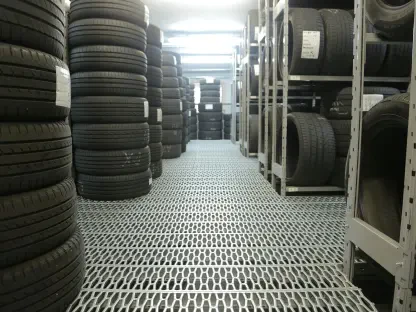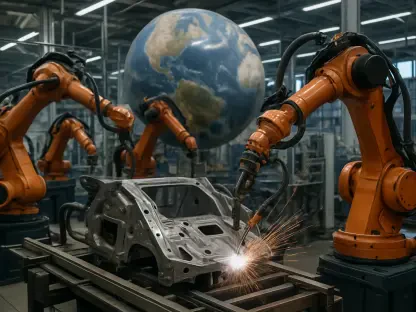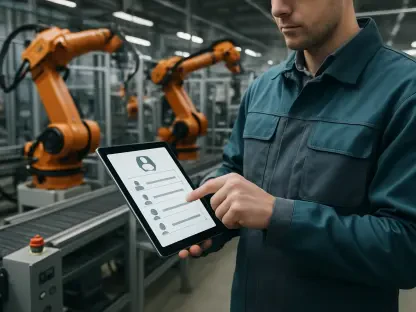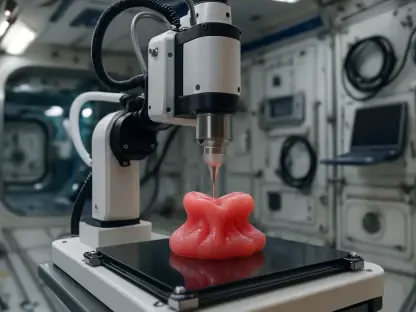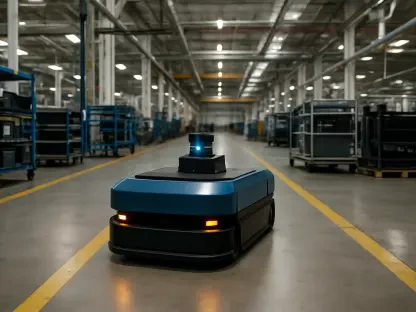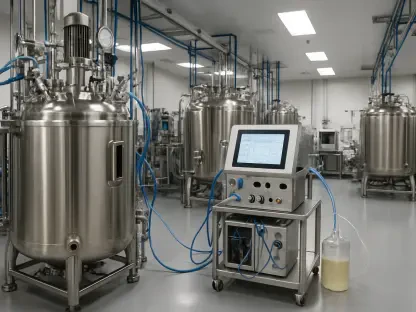In a strategic move to challenge Tesla’s stronghold in the electric vehicle (EV) market, Chinese automaker BYD is considering building a new production plant in Europe. The company recently raised an impressive 5,335 million euros in capital expansion on the Hong Kong Stock Exchange. Experts believe that a substantial portion of these funds will be allocated to the construction of new EV production facilities, including this potential European plant. This expansion would be a bold step for BYD, leveraging their considerable resources to carve out a larger share of the booming European EV market. As the leading electric car manufacturer in China, BYD has its sights set on globalization, and establishing another production facility in Europe would represent a significant leap in this ambitious journey.
Strategic Maneuver to Avoid Tariffs
Establishing a factory in Europe would be a strategic maneuver for BYD, as it would allow the company to circumvent the European Union’s 10% import tariffs on products made in China. Additionally, BYD faces an extra 17% tariff specific to its group, further inflating the costs of importing its vehicles into the European market. By moving part of its production to Europe, BYD aims to significantly reduce these costs and enhance its competitive edge against other players in the industry, particularly Tesla. This move would streamline logistics and provide a more cost-effective solution to meet the increasing demand for electric vehicles in Europe.
According to Bloomberg, BYD is currently evaluating several potential locations for the new plant, with a decision anticipated within the next 18 months. This facility would complement BYD’s existing operations in Hungary and its upcoming plant in Turkey. Following a similar timeline to the Hungarian plant, which was announced in late 2023 with production slated to begin by late 2025, the new European factory could see its first vehicles roll off the production line by 2028. This timeline underscores BYD’s commitment to accelerating its growth and solidifying its presence in the lucrative European market.
Enhancing the Supply Chain
In addition to vehicle production, BYD is also exploring the possibility of setting up a dedicated battery production plant in Europe. This move would further consolidate BYD’s supply chain and reduce logistics costs, ensuring a steady and efficient supply of batteries crucial for EV manufacturing. Although discussions about the battery plant are still in the preliminary stages, such a project aligns with BYD’s comprehensive approach to addressing the complexities of EV production and catering to the escalating demand for electric vehicles in Europe. By establishing local battery production, BYD could also mitigate potential supply chain disruptions and enhance operational resilience.
The decision to expand in Europe is reflective of broader trends in the EV industry, where manufacturers are increasingly localizing production to minimize tariffs and logistical inefficiencies. Setting up production facilities closer to the target market not only enhances market accessibility but also significantly reduces operational costs. For BYD, these strategic moves are essential in its quest to strengthen its position in the global EV arena and directly challenge Tesla’s dominance. This calculated expansion underscores BYD’s long-term vision and commitment to becoming a formidable player in the worldwide electric vehicle landscape.
Long-Term Vision and Market Impact
BYD’s expansion plan is expected to have a profound impact on the European market and the global EV industry. With the construction of a new factory and a potential battery production plant, BYD is well-positioned to address the growing demand for EVs in Europe and beyond. This move would not only increase BYD’s market share but also provide European consumers with more affordable and diverse EV options. As the company ramps up its production capabilities and strengthens its supply chain, BYD could potentially set new benchmarks for efficiency and cost-effectiveness in the EV manufacturing sector.
Moreover, this strategic expansion highlights the competitive landscape of the EV market, with major players like Tesla and BYD driving innovation and setting the pace for future developments. BYD’s European factory could serve as a catalyst for further advancements in EV technology, prompting other manufacturers to enhance their offerings and improve their production processes. As the industry evolves, consumers can expect to benefit from a wider range of high-quality, cost-efficient electric vehicles, ultimately accelerating the transition to sustainable transportation.
Timeline and Future Considerations
Establishing a factory in Europe would be a strategic move for BYD, helping to bypass the European Union’s 10% import tariffs on goods produced in China. Moreover, BYD faces a unique 17% tariff on its group, which further raises the cost of importing its vehicles into Europe. By shifting part of its production to Europe, the company aims to significantly cut these expenses, making it more competitive against other industry giants like Tesla. It would also streamline logistics and offer a cost-effective solution to meet the growing demand for electric vehicles in Europe.
According to Bloomberg, BYD is currently considering several potential sites for the new factory, with a decision expected within the next 18 months. This new plant would complement BYD’s existing operations in Hungary and its upcoming factory in Turkey. Following a timetable similar to the Hungarian plant, which was announced in late 2023 with production expected by late 2025, the new factory could start rolling out vehicles by 2028. This plan showcases BYD’s commitment to expanding its footprint and solidifying its position in the profitable European market.
